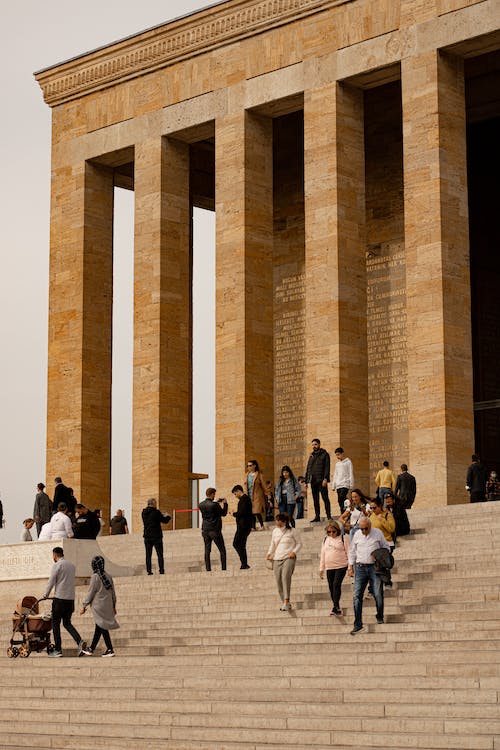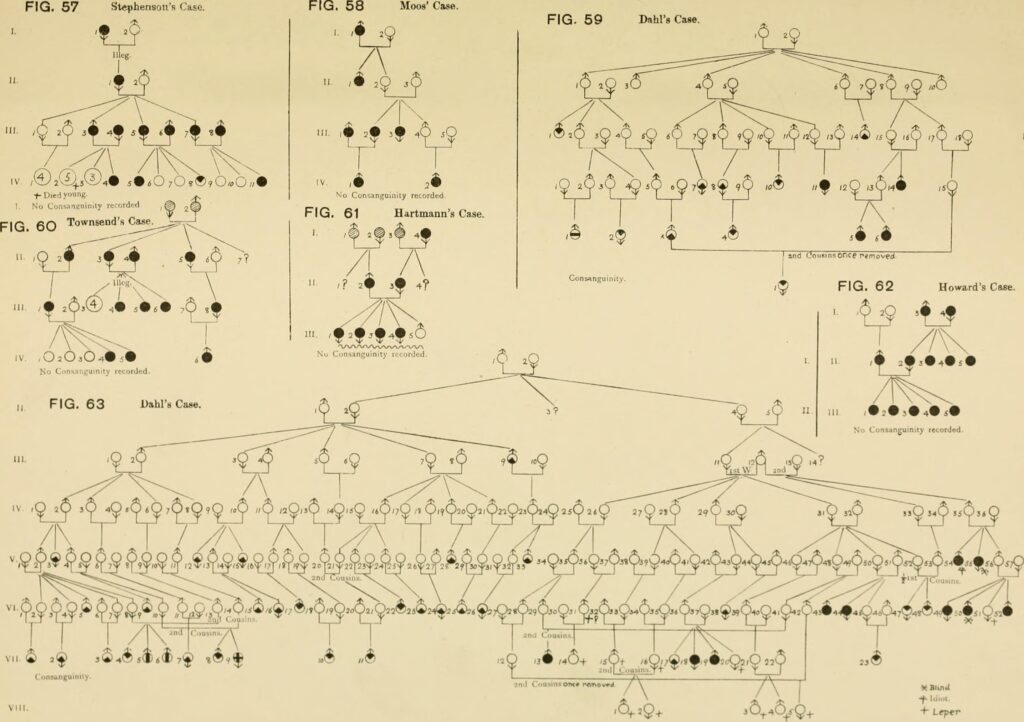Forms Of Social Injustice: Exploring Remedies And Identifying Legitimate Claims
Introduction How is the identity of a person or group formed? For Charles Taylor, it is partly formed by the presence or absence of recognition by others (1). But what is recognition? In the article “Politics of Recognition”, Charles Taylor defines “recognition” as the acknowledgment of the inherent dignity and worth of individuals or groups, […]
Forms Of Social Injustice: Exploring Remedies And Identifying Legitimate Claims Read More »

















